Brinker group research sponsors
Dr. Brinker and his group would like to thank our research sponsors for their dedication to our team and our work. Sponsors are listed in no particular order.
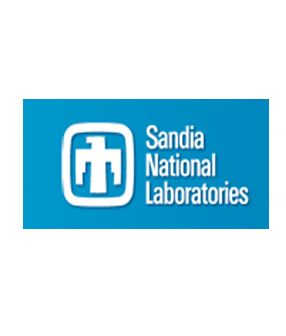
Sandia National Laboratory, LDRD
For more than 60 years, Sandia has delivered essential science and technology to resolve the nation's most challenging security issues. Sandia National Laboratories is operated and managed by Sandia Corporation, a wholly owned subsidiary of Lockheed Martin Corporation. Sandia Corporation operates Sandia National Laboratories as a contractor for the U.S. Department of Energy’s National Nuclear Security Administration (NNSA) and supports numerous federal, state, and local government agencies, companies, and organizations.
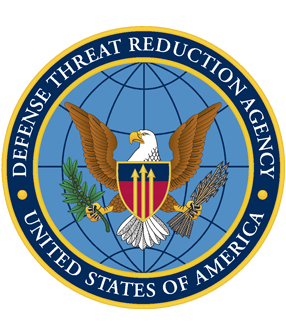
Defense Threat Reduction Agency
DTRA is the U.S. Department of Defense’s official Combat Support Agency for countering weapons of mass destruction. Our people are Subject Matter Experts on WMD, and we address the entire spectrum of chemical, biological, radiological, nuclear and high yield explosive threats. DTRA’s programs include basic science research and development, operational support to U.S. warfighters on the front line, and an in-house WMD think tank that aims to anticipate and mitigate future threats long before they have a chance to harm the United States and our allies.
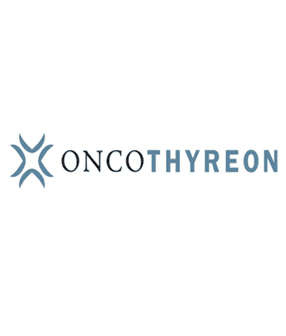
ONCOTHYREON
Oncothyreon is a biotechnology company dedicated to the development of oncology products that can improve the lives and outcomes of cancer patients. Our product pipeline includes small molecules designed to attack cancer cells directly and synthetic vaccines designed to stimulate an immune response against cancer cells (cancer immunotherapy). Each of our product candidates targets a specific cancer-associated molecule and is designed to attack cancer cells while limiting damage to healthy tissue.
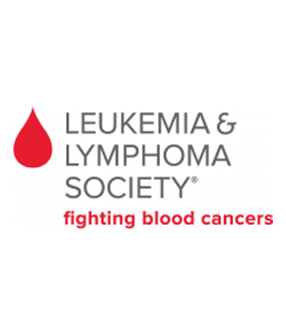
Leukemia Lymphoma Society
The mission of The Leukemia & Lymphoma Society (LLS) is: Cure leukemia, lymphoma, Hodgkin's disease and myeloma, and improve the quality of life of patients and their families. LLS is the world's largest voluntary health agency dedicated to blood cancer. LLS funds lifesaving blood cancer research around the world and provides free information and support services.
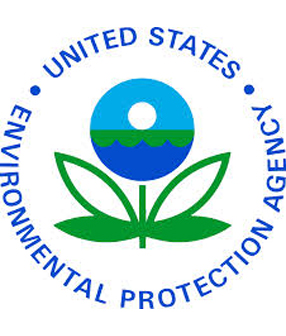
Environmental Protection Agency
The mission of EPA is to protect human health and the environment. Nearly half of our budget goes into grants to state environmental programs, non-profits, educational institutions, and others. They use the money for a wide variety of projects, from scientific studies that help us make decisions to community cleanups. Overall, grants help us achieve our overall mission: protect human health and the environment.
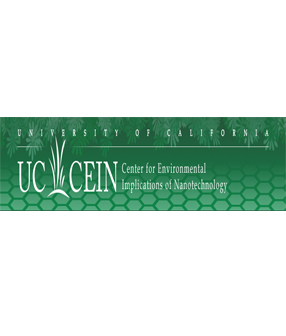
Center for Environmental Implications of Nanotechnology, UCLA
The mission of the University California Center for Environmental Implications of Nanotechnology (UC CEIN) is to use a multidisciplinary approach to conduct research, knowledge acquisition, education and outreach to ensure the responsible use and safe implementation of nanotechnology in the environment.
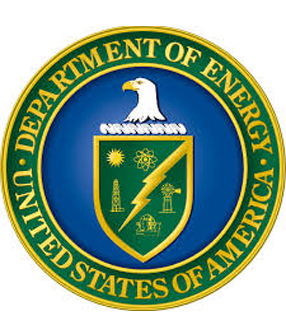
Department of Energy
The U.S. Department of Energy Office of Science is the lead federal agency supporting fundamental scientific research for energy and the Nation’s largest supporter of basic research in the physical sciences.
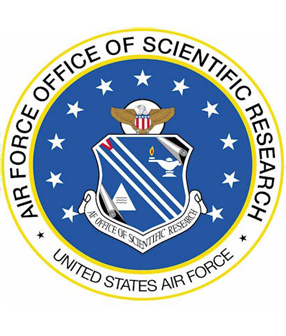
Airforce Office of Scientific Research
he Air Force Office of Scientific Research (AFOSR) currently distributes its basic research program investment through 1,200 grants at over 200 leading academic institutions worldwide, 100 industry-based contracts, and more than 250 internal AFRL research efforts.
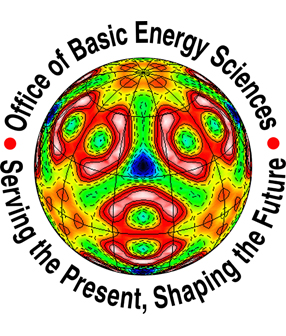
Basic Energy Sciences, Sandia
The Basic Energy Sciences (BES) program supports fundamental research focused in the natural sciences;in areas of direct relevance to DOE missions within chemical, condensed matter, materials, and geological sciences. The BES program plans, constructs, and operates major scientific user facilities to serve researchers worldwide. Sandia has significant BES activities in materials and chemical sciences, in addition to numerous other areas.
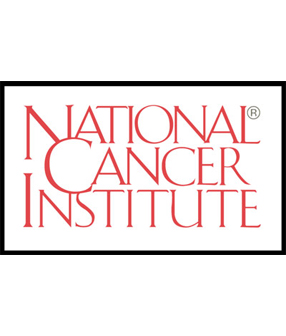
National Cancer Institute
The National Cancer Institute (NCI) is part of the National Institutes of Health (NIH), which is one of 11 agencies that compose the Department of Health and Human Services (HHS). NCI is the Federal Government's principal agency for cancer research and training. The NCI coordinates the National Cancer Program, which conducts and supports research, training, health information dissemination, and other programs with respect to the cause, diagnosis, prevention, and treatment of cancer, rehabilitation from cancer, and the continuing care of cancer patients and the families of cancer patients.
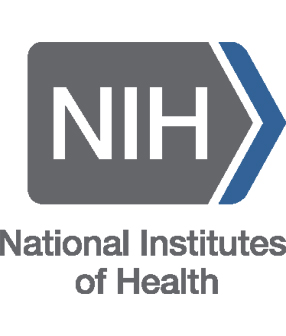
National Institute of Health
The National Institutes of Health (NIH), a part of the U.S. Department of Health and Human Services , is the nation’s medical research agency—making important discoveries that improve health and save lives. NIH is the largest source of funding for medical research in the world, creating hundreds of thousands of high-quality jobs by funding thousands of scientists in universities and research institutions in every state across America and around the globe.
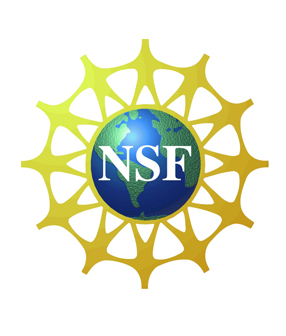
National Science Foundation
The National Science Foundation (NSF) is an independent federal agency created by Congress in 1950 "to promote the progress of science; to advance the national health, prosperity, and welfare; to secure the national defense…" We are the funding source for approximately 24 percent of all federally supported basic research conducted by America's colleges and universities.
